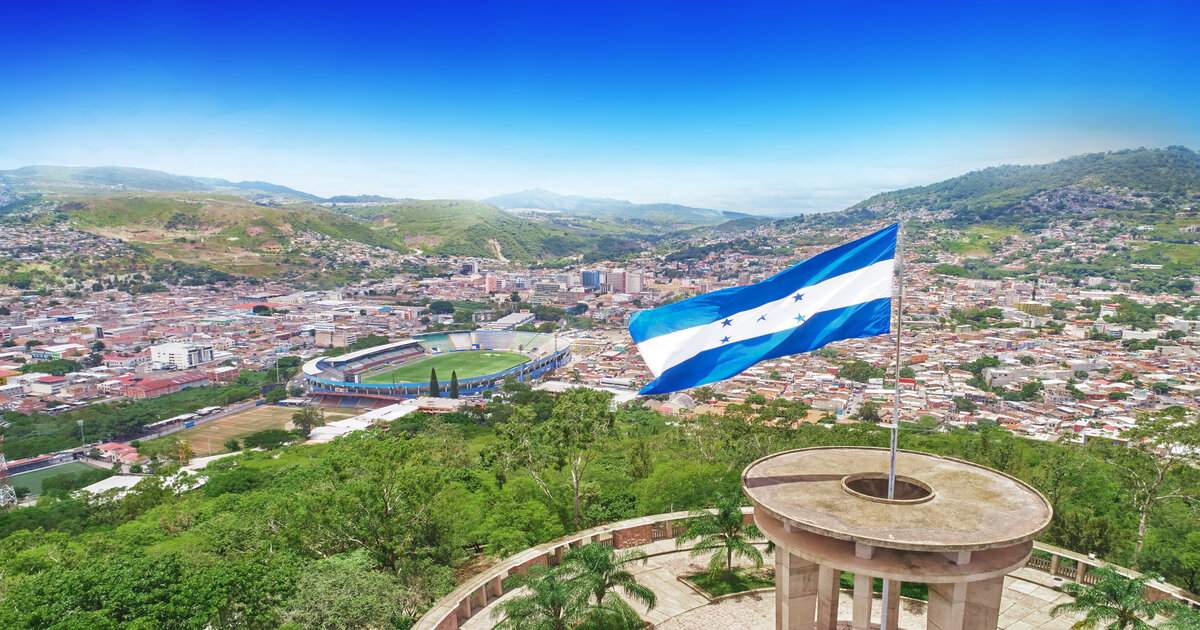Honduras Breaks Ground by Officially Recognizing Bitcoin in Economic Transactions
Jessie A Ellis Jan 08, 2024 13:46
Próspera ZEDE, a Honduran special economic zone, officially adopts Bitcoin as a unit of account, signaling a shift towards enhanced financial autonomy and the progressive integration of cryptocurrency in mainstream finance.

In a landmark decision, Próspera ZEDE, a special economic zone in Roatán, Honduras, has officially adopted Bitcoin (BTC) as a unit of account. This significant move, announced on January 5, 2024, by Jorge Colindres, the acting manager and Tax Commissioner of Próspera ZEDE, marks a substantial step forward in the integration of cryptocurrency into mainstream financial systems.
Less than two years after declaring Bitcoin as legal tender, this latest development allows legal entities within the zone to use Bitcoin for measuring the market value of goods and services. It symbolizes a shift towards greater financial freedom for individuals and businesses, offering them the liberty to carry out transactions, perform accounting, and report taxes in their chosen currency.
However, this transition isn't without its complexities. Initially, tax liabilities for entities choosing Bitcoin will be calculated in reference to BTC but reported in United States dollars or Honduran Lempiras. This interim measure is due to technological constraints in Próspera's eGovernance system and external regulatory challenges. The ultimate goal, as stated by Colindres, is to implement a "Final BTC Tax Payment Procedure," enabling entities to report and pay tax liabilities directly in Bitcoin once the existing issues are resolved.
Entities interested in adopting Bitcoin as their unit of account must formally notify the Próspera tax commission within 30 days of the relevant tax period, referencing an approved cryptocurrency exchange such as Coinbase or Kraken for this purpose.
Próspera ZEDE, established in May 2020 on Roatán's northern island, has been a trailblazer in integrating cryptocurrency within its economic structure. The adoption of Bitcoin as legal tender in April 2022, followed by this recent recognition of Bitcoin as a unit of account, positions Próspera as a pioneering force in the crypto realm. Furthermore, Próspera's advancements have not only been limited to cryptocurrency adoption but have also spurred significant economic growth. Over its three-year operation, the zone has reportedly attracted over $100 million in investments and created more than 3,000 jobs, underlining its role as a competitive regime in Latin America.
Image source: Shutterstock.jpg)